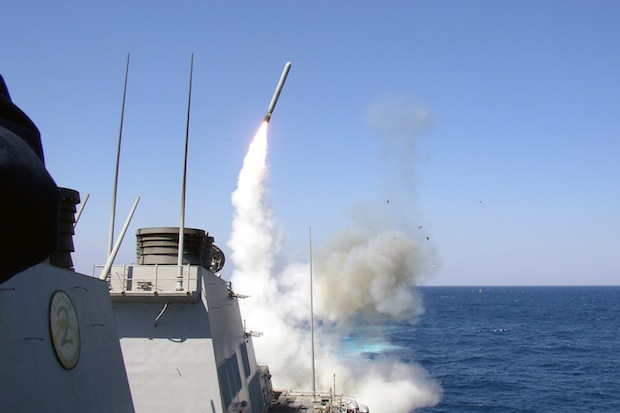Today Parliament has been recalled to discuss and vote on the UK response to the alleged chemical weapons attack in Syria. We now know that we will not be called upon to authorise military action today – that vote will probably be held next week. But the Motion before the House tonight is clearly a stepping stone towards that action, and MPs are being asked to endorse the principle of military intervention in paragraph three of the Motion, which states that:
‘(This House)…agrees that a strong humanitarian response is required from the international community and that this may, if necessary, require military action that is legal, proportionate and focused on saving lives by preventing and deterring further use of Syria’s chemical weapons.’
I am keeping an open mind on how I will vote tonight. I will listen to the debate and to the PM. But as things stand I will not support military action in any subsequent vote.
My concern with the approach being taken by the Government, and likely to be taken by many of my colleagues in the debate this afternoon, is that discussion of a laudable goal – namely of deterring and preventing future chemical attacks – will override discussion of the means. I don’t believe that the goal is in dispute. But highlighting the desirability of that outcome is not the same as making the case that military intervention is the way to achieve it.
Because it is not responsible to embark on military action to achieve an outcome unless you are very sure that it can do so. That is the nub of what we should be debating.
I think it’s no secret that we are talking about conducting limited missile strikes against military facilities and command & control centres, principally to ‘send a message’. The targets will most likely be in isolated locations wherever possible and not close to potential civilian casualties. The question the Prime Minister needs to go back and ask his military advisors is this: can they guarantee that such limited attacks will achieve the goal – namely, of preventing or deterring further chemical attacks? Because I rather doubt they can guarantee that.
The next question the Prime Minister needs to ask his military advisors is: if they can’t guarantee that, and if there is a further chemical attack after we have launched such strikes, what are our options then? More missile strikes? And if they fail, and we see further chemical attacks? What next? Because it seems to me that at that point we will be faced with a very unpalatable choice.
To stop? Or to escalate?
If we stop, rather than simply failing to achieve the stated goal we will actually have made things worse. It will have sent the message that we drew a line in the sand, fired our missiles, and failed. It could actually encourage future dictators, not deter them.
So are we prepared to escalate? If it becomes clear that cruise missiles alone are not capable of preventing or deterring chemical attacks, suddenly things look a whole lot bleaker. Suddenly, are we then talking about putting planes and pilots in the air, to face Syria’s sophisticated and modern air defence systems? Are we then talking about boots on the ground after all?
What escalation are we prepared to see? What will Russia do? What will Iran do? We will have the tiger by the tail, and will no longer be able to pretend that we are in control of events.
So I come back to the point I started with. I am not opposed to limited military action because I disagree with the stated goals. As a former soldier I am opposed to military action because I don’t agree with the premise that it can achieve those goals. In fact, it may make the situation worse. We mustn’t be seduced into thinking that there is a magic military solution to achieving the outcome stated in the Motion before the House tonight.
Military intervention is only a responsible course of action if it can succeed in achieving a clearly defined set of goals. Otherwise its only purpose is to massage our collective conscience. And that’s not good enough.
Dan Byles is the Conservative MP for North Warwickshire & Bedworth. He served for nine years as an Army Officer and was at one point the youngest serving Major in the Army at the age of 27.






Comments